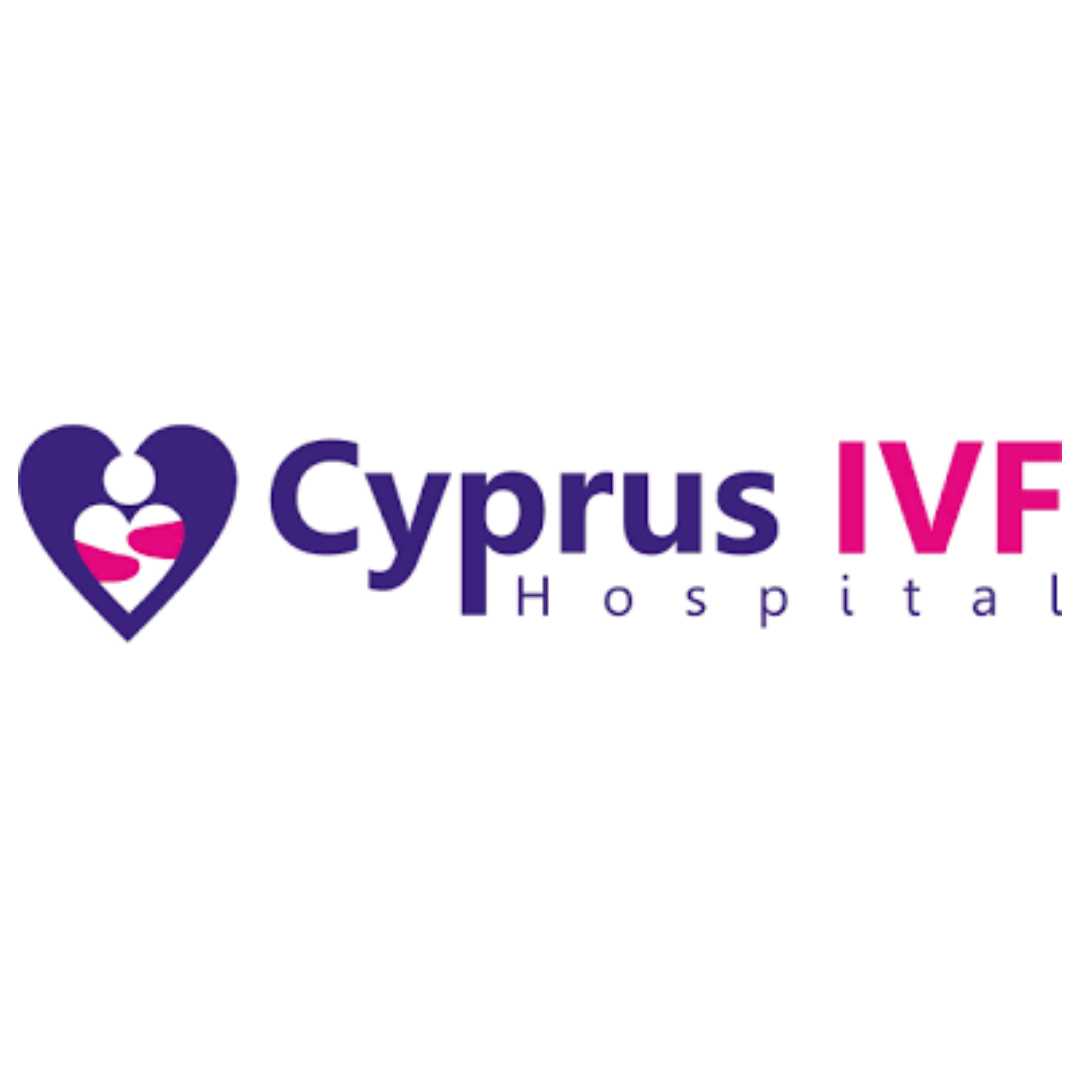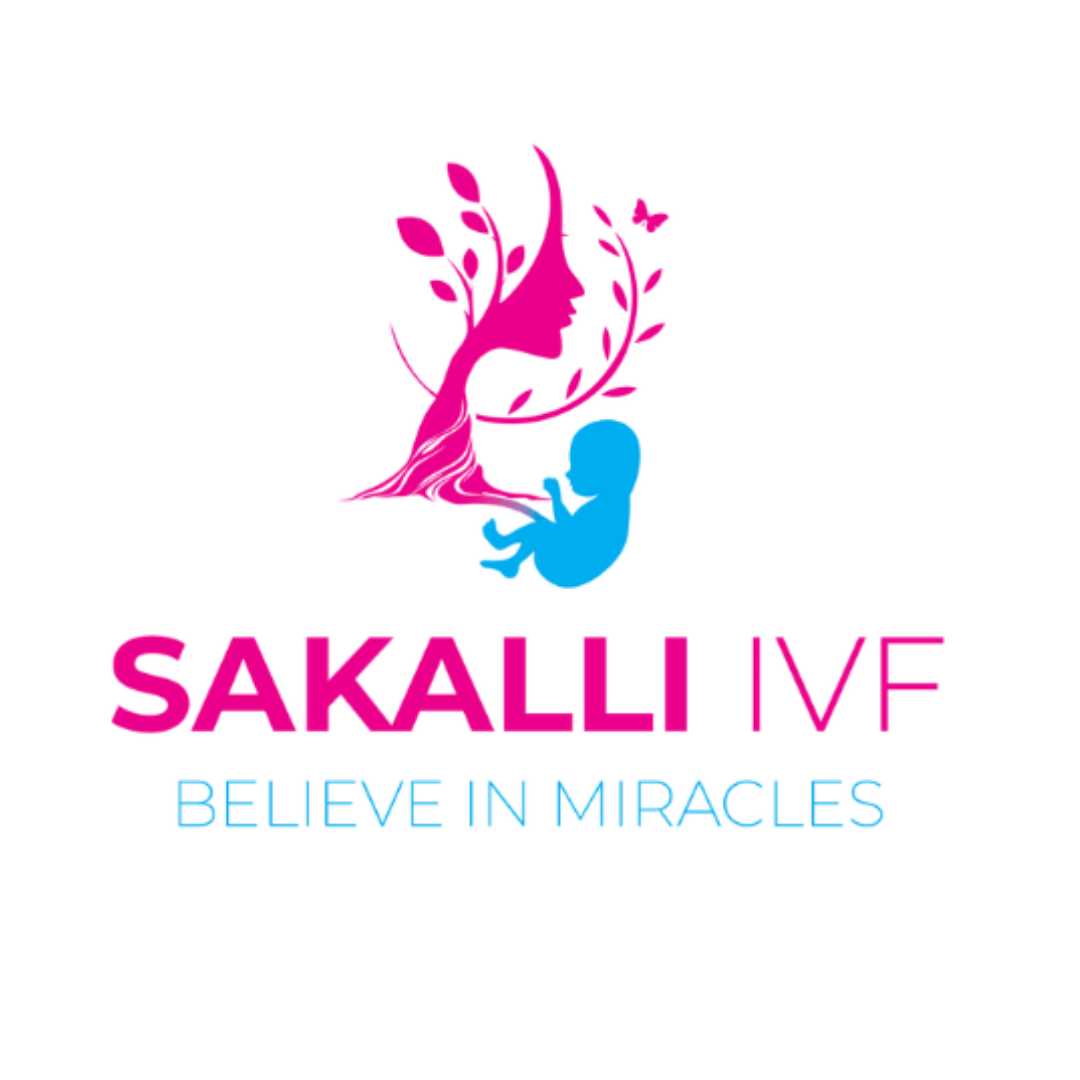-Understanding-the-Condition-and-Fertility-Challenges-(1).png)
What is Polycystic Ovary Syndrome (PCOS)?
Polycystic Ovary Syndrome (PCOS) is a common hormonal disorder that affects one in four women of reproductive age. It is often associated with various symptoms, including irregular periods, excess body hair, and difficulty getting pregnant. PCOS is a leading cause of infertility and can be caused by an imbalance in hormones, particularly an overproduction of androgens (male hormones such as testosterone).
The ovaries, in women with PCOS, often contain multiple small cysts that may not release eggs properly. This prevents ovulation, leading to irregular menstrual cycles and challenges in conception.
Symptoms of PCOS
Symptoms of PCOS can vary from person to person. Common symptoms include:
- Irregular or absent menstrual periods
- Abnormal uterine bleeding
- Decreased breast size
- Enlarged ovaries
- Difficulty getting pregnant
- Excess body or facial hair (hirsutism)
- Weight gain
- Hair thinning or loss
- Acne or pimples
These symptoms often occur due to hormonal imbalances, including elevated levels of testosterone (androgens) and an imbalance of luteinizing hormone (LH) and follicle-stimulating hormone (FSH).
How Does PCOS Lead to Fertility Problems?
In women with PCOS, the ovaries often become enlarged and contain many immature follicles that prevent normal ovulation. This leads to anovulation (lack of ovulation), which is a major factor in infertility.
Hormonal imbalances play a significant role in disrupting the menstrual cycle. In particular:
- Elevated LH levels: High levels of luteinizing hormone contribute to the lack of ovulation.
- Low FSH levels: Follicle-stimulating hormone helps stimulate the ovaries to produce mature eggs. Low FSH levels hinder this process.
- Testosterone excess: High levels of male hormones like testosterone can prevent the development of healthy eggs.
The lack of ovulation prevents the production of sufficient levels of progesterone, which is necessary for the proper development of the uterine lining. This can lead to complications like endometrial hyperplasia (thickening of the uterine lining), increasing the risk of endometrial cancer.
Women with PCOS may also face a higher risk for pregnancy complications such as gestational diabetes, premature birth, miscarriage, and cesarean delivery.
Can Women with PCOS Get Pregnant?
The good news is that having PCOS does not mean a woman cannot have children. With the right medical support and treatment, many women with PCOS successfully conceive. Treatments may include medication to induce ovulation, assisted reproductive technologies (ART), or even lifestyle modifications to address insulin resistance.
At Sakalli IVF, we specialize in the treatment of women with PCOS and offer customized treatment plans to help them achieve a healthy pregnancy.
Managing PCOS for Better Fertility Outcomes
1. Addressing Insulin Resistance
Many women with PCOS experience insulin resistance, which can contribute to symptoms like weight gain and difficulty ovulating. Managing insulin resistance is crucial for improving fertility outcomes. Effective weight management through diet and exercise can help regulate insulin levels and improve ovulation.
2. Medications for Hormonal Regulation
Medications like oral contraceptives (birth control pills) are commonly used to regulate the menstrual cycle and reduce symptoms such as hirsutism and acne. These medications can help balance the hormones, making ovulation more regular.
3. Inositols for Ovulation and Egg Quality
Inositols, a group of compounds related to B-vitamins, have been shown to improve insulin sensitivity, egg quality, and regular menstrual cycles. Inositol supplementation is often recommended as part of PCOS treatment plans, especially for those trying to conceive.
Fertility Treatments for Women with PCOS
At Sakalli IVF, we provide personalized treatment plans for women with PCOS, tailoring each protocol to the individual’s unique needs. The treatment journey typically begins with comprehensive fertility testing to assess hormonal levels, ovarian health, and reproductive potential.
1. Ovulation Induction
To encourage the release of a mature egg, fertility medications are prescribed to induce ovulation. Once ovulation is confirmed through blood tests or ultrasound, women may try to conceive naturally or undergo Intrauterine Insemination (IUI) using either partner or donor sperm.
2. In Vitro Fertilization (IVF)
For women with more severe symptoms of PCOS, IVF can be an excellent option. At Sakalli IVF, we use minimal stimulation protocols to reduce the risk of Ovarian Hyperstimulation Syndrome (OHSS) while maximizing egg quality. After fertilization with sperm (from a partner or donor), the best-quality embryo is selected for transfer.
For patients at risk of OHSS, we may recommend freezing all embryos and scheduling a frozen embryo transfer (FET) in a future cycle, ensuring safer and more effective outcomes.
How is PCOS Managed During IVF?
Managing PCOS during IVF treatment is essential to reduce risks and optimize fertility outcomes. Here's how:
- Monitoring Ovarian Response: Close monitoring of the ovaries is necessary to ensure that the ovaries respond appropriately to stimulation without overstimulation.
- Egg Freezing: If a woman is at risk of OHSS, we may recommend egg freezing as a precautionary measure to protect her health and improve the chances of a successful pregnancy in the future.
- Customized Protocols: Treatment protocols are personalized based on each patient’s individual health history, ensuring the safest and most effective approach to fertility.
Lifestyle Modifications to Improve Fertility in PCOS
1. Weight Management
Maintaining a healthy weight can help regulate insulin levels and improve overall fertility. Even a small amount of weight loss can improve ovulation in women with PCOS.
2. Diet and Nutrition
A balanced diet rich in whole foods, including lean proteins, healthy fats, and fiber, can help improve insulin sensitivity and fertility. Avoiding processed foods and excessive sugar intake is crucial for managing insulin resistance and improving overall reproductive health.
3. Exercise
Regular physical activity can help reduce insulin resistance, manage weight, and improve hormone regulation. A mix of cardio and strength training exercises is recommended to promote overall fertility health.
Can PCOS Be Fully Treated?
While there is no cure for PCOS, it is a manageable condition. With the right medical support, lifestyle changes, and fertility treatments, many women with PCOS can achieve successful pregnancies and lead healthy lives. Early diagnosis and personalized treatment plans are key to managing symptoms and improving fertility outcomes.
Frequently Asked Questions (FAQs)
1. Can I conceive naturally with PCOS?
Yes, many women with PCOS can conceive naturally, but they may need additional support to regulate ovulation. Fertility treatments like ovulation induction or IUI can increase the chances of natural conception.
2. Is PCOS a lifelong condition?
PCOS is a chronic condition, but its symptoms can be managed with appropriate treatment. As women with PCOS approach menopause, symptoms like irregular periods typically improve.
3. How do doctors treat PCOS during IVF?
Doctors use careful monitoring and minimal ovarian stimulation protocols to ensure safe and effective IVF treatment for women with PCOS. Medications like Clomid or gonadotropins are often used to induce ovulation.
4. How can I improve my fertility if I have PCOS?
Improving fertility with PCOS often involves managing insulin resistance, maintaining a healthy weight, eating a balanced diet, and seeking fertility treatments such as IVF or IUI.
5. What are the risks of pregnancy with PCOS?
Women with PCOS are at higher risk for pregnancy complications such as gestational diabetes, miscarriage, and premature birth. However, with proper medical care, many women with PCOS go on to have healthy pregnancies.
Book Free Consultation
If you are struggling with infertility and suspect you may have PCOS, don't hesitate to reach out to Sakalli IVF. Our fertility specialists offer comprehensive assessments and personalized treatment plans to help you overcome the challenges of PCOS and achieve your dream of parenthood. Contact us today to schedule a consultation and begin your fertility journey with expert support.


-Understanding-the-Condition-and-Fertility-Challenges.png)




.png)
.png)

.png)

.png)
.png)



Share this listing